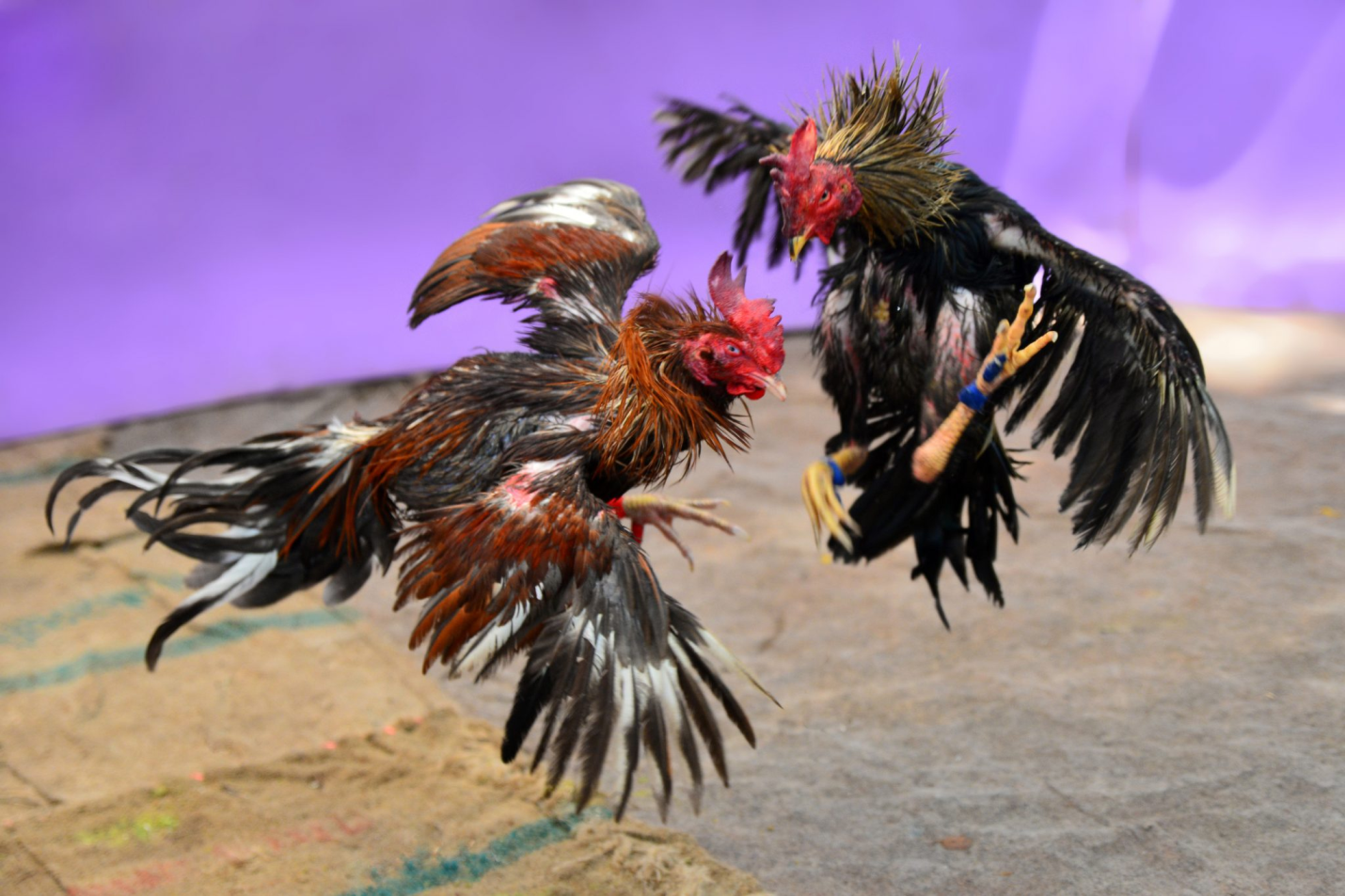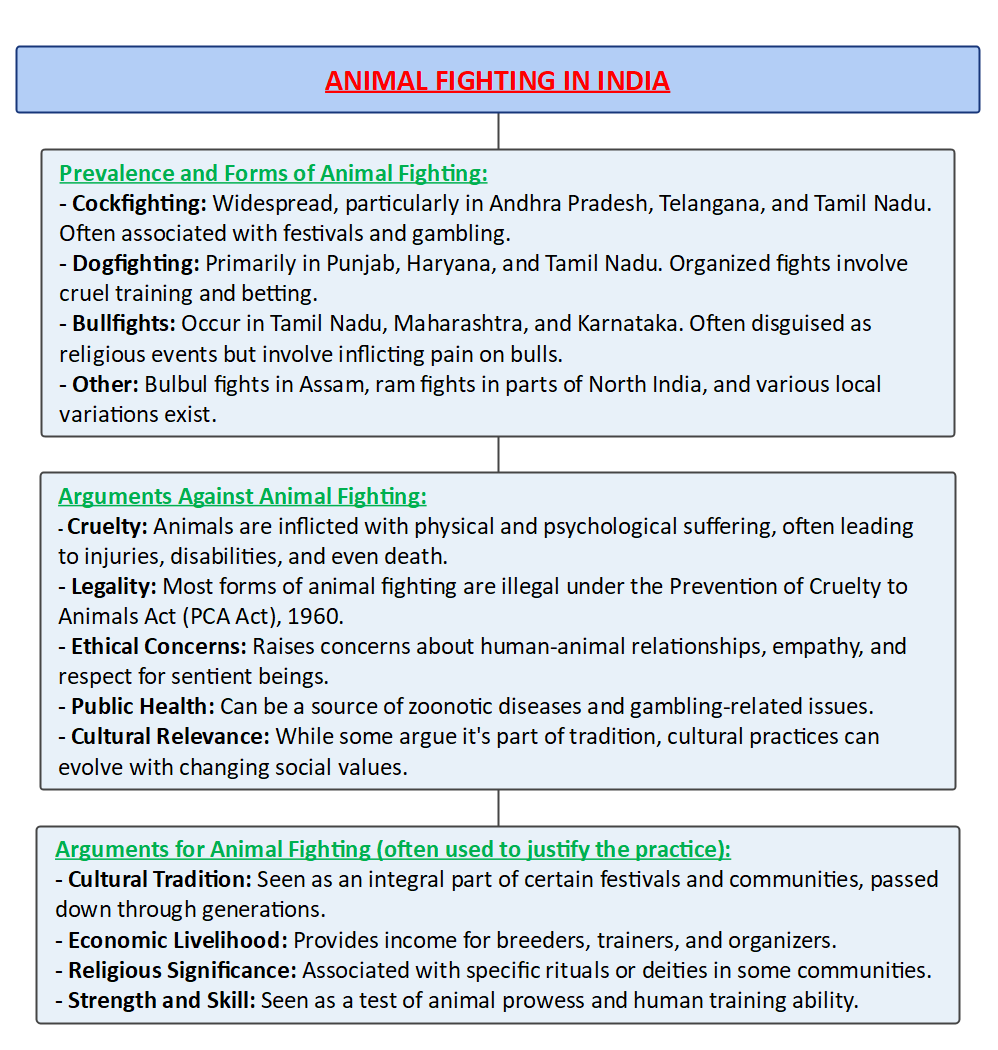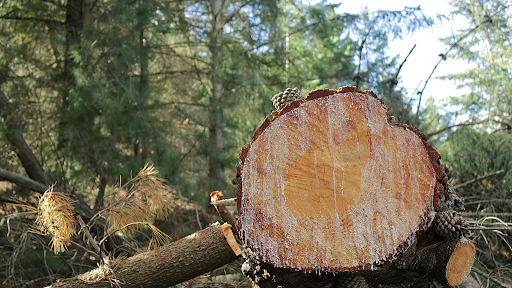Description

Copyright infringement not intended
Picture Courtesy: https://aldf.org/article/animal-fighting-facts/animal-fighting-federal-law/
Context: The Assam government's decision to revive buffalo and bulbul fighting sparks an ongoing debate, with PETA advocating for the ethical treatment and protection of animals.
Details
Traditions and Background
- Buffalo fights, known as Moh Jooj, and bulbul fights are traditional practices associated with the Assamese winter harvest festival of Magh Bihu, celebrated in January.
- Buffalo fights take place in various parts of Assam, with Ahatguri in the Nagaon district being a significant centre.
- Bulbul fights are held at the Hayagriv Madhab Mandir in Hajo, around 30 km from Gauhati.
Discontinuation After SC Ruling
- The fights were discontinued after the Supreme Court's 2014 judgment, which prohibited the use of bulls as performing animals in events like jallikattu and bullock-cart races across the country.
- The Animal Welfare Board of India (AWBI) directed the Assam government to end animal and bird fights during Bihu celebrations in 2015.

Revival and Government Approval
- In May 2023, the Supreme Court overruled its 2014 judgment, allowing states like Tamil Nadu, Maharashtra, and Karnataka to amend the Prevention of Cruelty to Animals Act 1960, permitting events like jallikattu, kambala, and bullock cart racing.
- In December 2023, the Assam Cabinet approved the framing of Standard Operating Procedures (SOPs) for the conduct of buffalo and bulbul fights, ensuring no deliberate torture or cruelty to the animals.
SOPs for Buffalo and Bulbul Fights
- SOPs were released specifying that the fights would only be allowed in places where they have been traditionally conducted for the last 25 years.
- Buffalo fights (Moh Jooj) were restricted to the period between January 15 and January 25.
- Guidelines prohibited human-inflicted injuries, the use of intoxicating or performance-enhancing drugs, and sharp instruments to instigate the animals.
- PETA India claims that these guidelines were violated during the events in Ahatguri and Hajo.
PETA's Legal Challenge
- PETA India filed petitions in the Gauhati High Court seeking a ban on both buffalo and bulbul fights, along with an interim stay preventing such fights during the legal proceedings.
- PETA alleges that during the events in Ahatguri, owners physically abused buffaloes to instigate them to fight, leading to injuries.
- They claim that bulbul fights in Hajo involved the illegal capture and incitement of birds to fight against their natural instincts.
- The court acknowledged PETA's claims and advised them to inform the relevant district administration to prevent any buffalo fight scheduled beyond the specified period.
|
People for the Ethical Treatment of Animals (PETA) is an NGO dedicated to ending the abusive treatment of animals in business and society, advocating for the consideration of animal interests in everyday decision-making, and influencing general policies and practices to promote the ethical treatment of animals.
|

Moving Forward
- Dialogue and Collaboration: Engaging communities in open dialogue, exploring alternatives, and finding solutions together is key.
- Animal Welfare Standards: Implementing stricter regulations and promoting ethical animal breeding and training practices.
- Social Change: Fostering a culture of empathy, respect for animal rights, and celebrating traditions in inhumane ways.

Conclusion
- Animal fighting in India is a complex issue requiring a multi-pronged approach. Recognizing the arguments on both sides, prioritizing animal welfare, and fostering dialogue are crucial steps towards finding sustainable solutions that respect both tradition and ethical considerations.
|
PRACTICE QUESTION
Q. If a specific animal fighting practice holds religious significance within a community, does that elevate its cultural importance and outweigh concerns about animal cruelty? Does the potential violation of universal values like compassion undermine religious justification?
|












